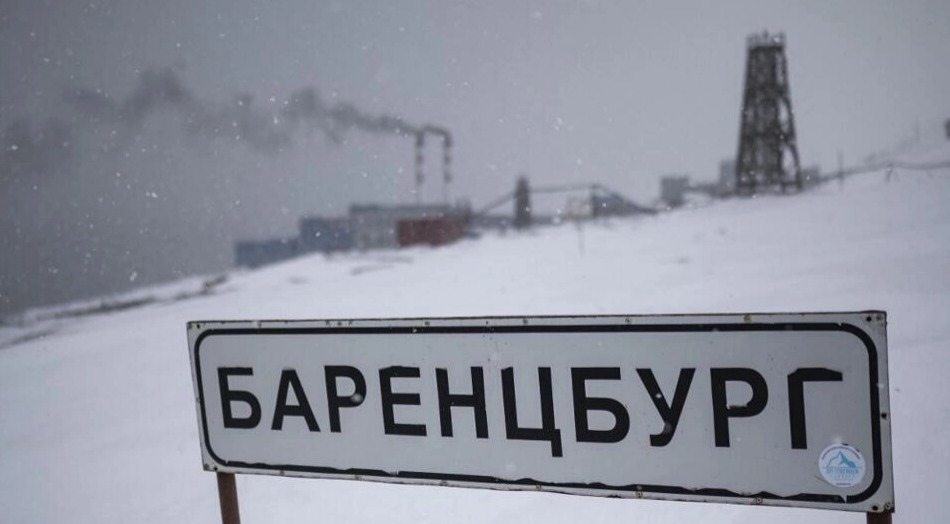Norway has halted the sale of the Søre Fagerfjord property on the strategic Svalbard archipelago in the Arctic. Situated between mainland Norway and the North Pole, this private land has attracted attention due to its geographic location and the opportunities for treaty signatories since 1920 to exploit its resources.
Norway has decided not to authorize the sale of land on Svalbard, thus reaffirming its sovereignty over this small territory located in the far north of the country. The state invokes national security laws to require that any sale or negotiation be subject to its approval.
« The current owners of Søre Fagerfjord (…) are open to selling to parties who may challenge Norwegian law in Svalbard, » stated Minister of Trade, Industry, and Fisheries Cecilie Myrseth in a press release. « This could disrupt stability in the region and potentially threaten Norwegian interests, » she added.
According to Norwegian media, the seller is reportedly a company controlled by a naturalized Norwegian of Russian origin. The seller’s lawyer clarified that they have received « concrete expressions of interest » from potential Chinese buyers. Me Kyllingstad did not immediately respond to the Norwegian government’s announcement.
The Svalbard archipelago holds significant geopolitical and economic value.
Russians have a strong presence on this archipelago, which is twice the size of Belgium. In 1920, a treaty was signed granting Norway sovereignty over this small territory, while allowing other signatory nations to exploit natural resources « on an equal footing. » This provision continues to allow Russia’s presence there.
Amid tensions between Russia and the West, as well as receding ice cover, the situation in the Svalbard archipelago is closely monitored. Numerous scientists work there to gather climate and environmental data. Concerns also arise from the atmosphere in the Russian enclave of Barentsburg, populated by Russians and Ukrainians, where the Russian state-owned company Arktikugol recently raised Soviet flags.
In 2016, the Norwegian government paid 33.5 million euros to purchase the penultimate privately owned land near Longyearbyen, the main settlement in the archipelago, which had already attracted interest from Chinese investors.




